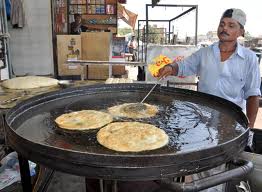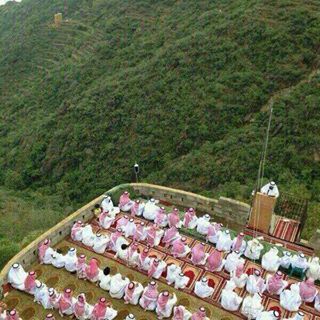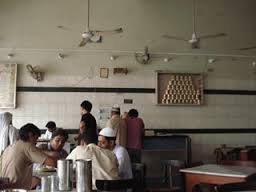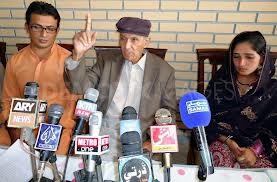Mohamed Morsi[note 1] (Arabic: محمد محمد مرسى عيسى العياط, ALA-LC: Muḥammad Muḥammad Mursī ‘Īsá al-‘Ayyāṭ, IPA: [mæˈħæmmæd mæˈħæmmæd ˈmoɾsi ˈʕiːsæ (ʔe)l.ʕɑjˈjɑːtˤ]; born 8 August 1951) is an Egyptian politician who served as the fifth President of Egypt, from 30 June 2012 to 3 July 2013. He is considered by most to be the first democratically elected head of state in Egyptian history, although his predecessors also held elections, which were generally marred by irregularities and allegations of rigging. He was, however, the first President to have first assumed his duty after an election, as opposed to his predecessors who came into power as revolutionaries (e.g. Nasser) and as appointed successors (Sadat, Mubarak).
Mohamed Morsi was educated in Egyptian public schools and universities; he was later granted a scholarship from the Egyptian government to prepare for a PhD degree in the United States. Morsi was a Member of Parliament in the People’s Assembly of Egypt from 2000 to 2005, and a leading member in the Muslim Brotherhood. He became Chairman of the Freedom and Justice Party (FJP) when it was founded by the Muslim Brotherhood in the wake of the 2011 Egyptian revolution. He stood as the FJP’s candidate for the May–June 2012 presidential election.
On 24 June 2012, the election commission announced that Morsi had won Egypt’s presidential election, thus becoming the first democratically elected president.[1][2][3] In his run-off against Ahmed Shafik, deposed leader Hosni Mubarak‘s [4] last prime minister, according to official results Morsi took 51.7 percent of the vote while Shafik received 48.3 percent.[5] As he had promised during his campaign, Morsi resigned from his position as the head of the FJP after his victory was announced.[6]
After Morsi temporarily granted himself unlimited powers to “protect” the nation from the Mubarak-era power structure which remained in place in late November 2012,[7][8] and the power to legislate without judicial oversight or review of his acts, hundreds of thousands of protesters began demonstrating against him in the 2012 Egyptian protests.[9][10] On 8 December 2012, Morsi annulled his decree which had both expanded his presidential authority and removed judicial review of his decrees, an Islamist official said, but added that the effects of that declaration would stand.[11]
On 30 June 2013, mass protests erupted across Egypt calling for the President’s resignation, following severe fuel shortages and electricity outages. .[12] This was followed by the army’s threat that if the protesters’ demands were not met by 3 July it would step in and build a road map for the country, while insisting that it did not want to rule the country.[13] Some took this to mean a military coup, but the next day the army denied that they were referring to a possible military coup.[14] The plan set up by the military includes suspending the constitution, dissolving the parliament, and establishing a new administration headed by the chief justice.[15]
Morsi was declared unseated on 3 July 2013 by a council consisting of defence minister Abdul Fatah al-Sisi, opposition leader Mohamed ElBaradei, the Grand Imam of Al Azhar Ahmed el-Tayeb, and Coptic Pope Tawadros II.[16][17]






























































































